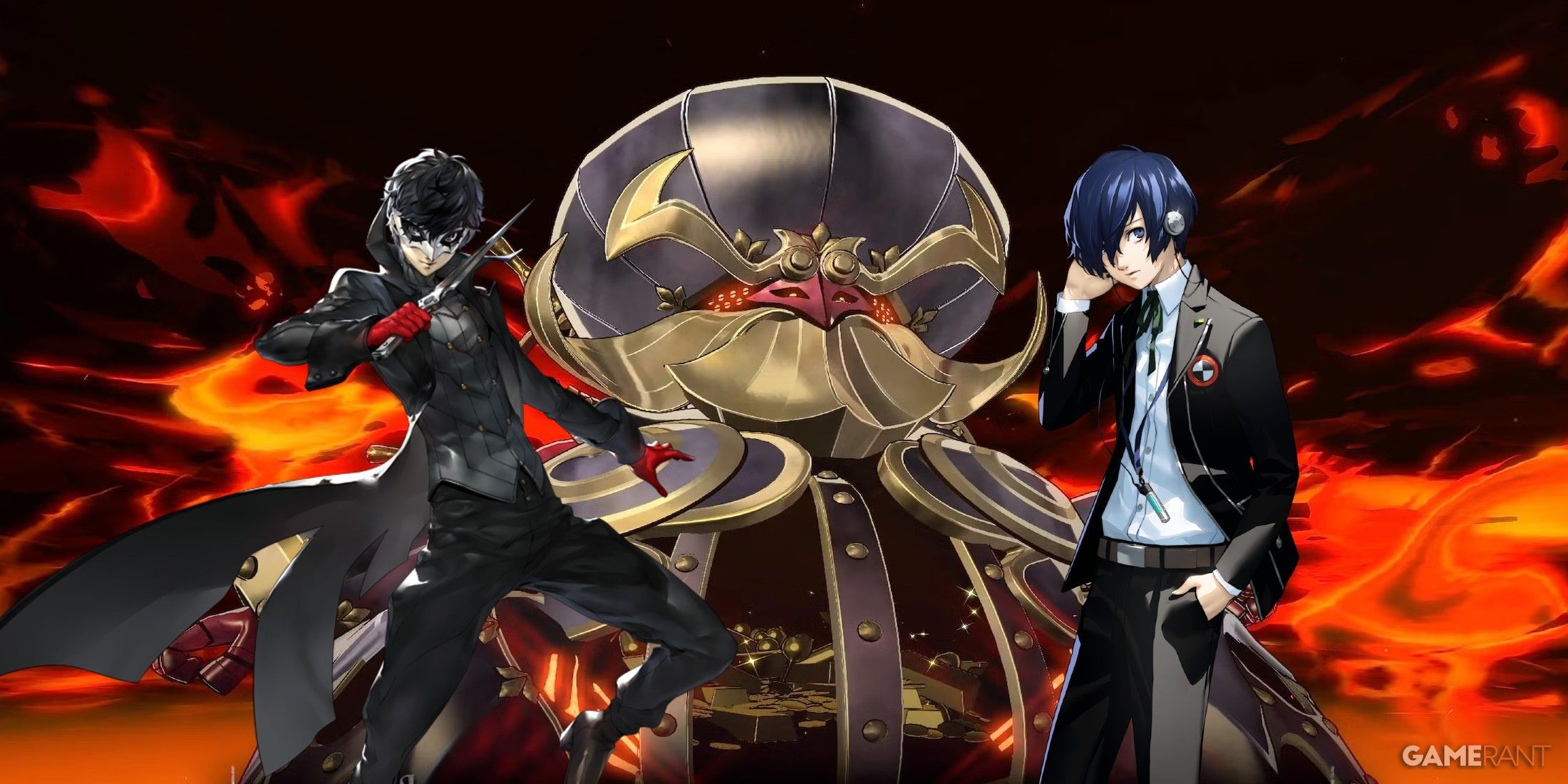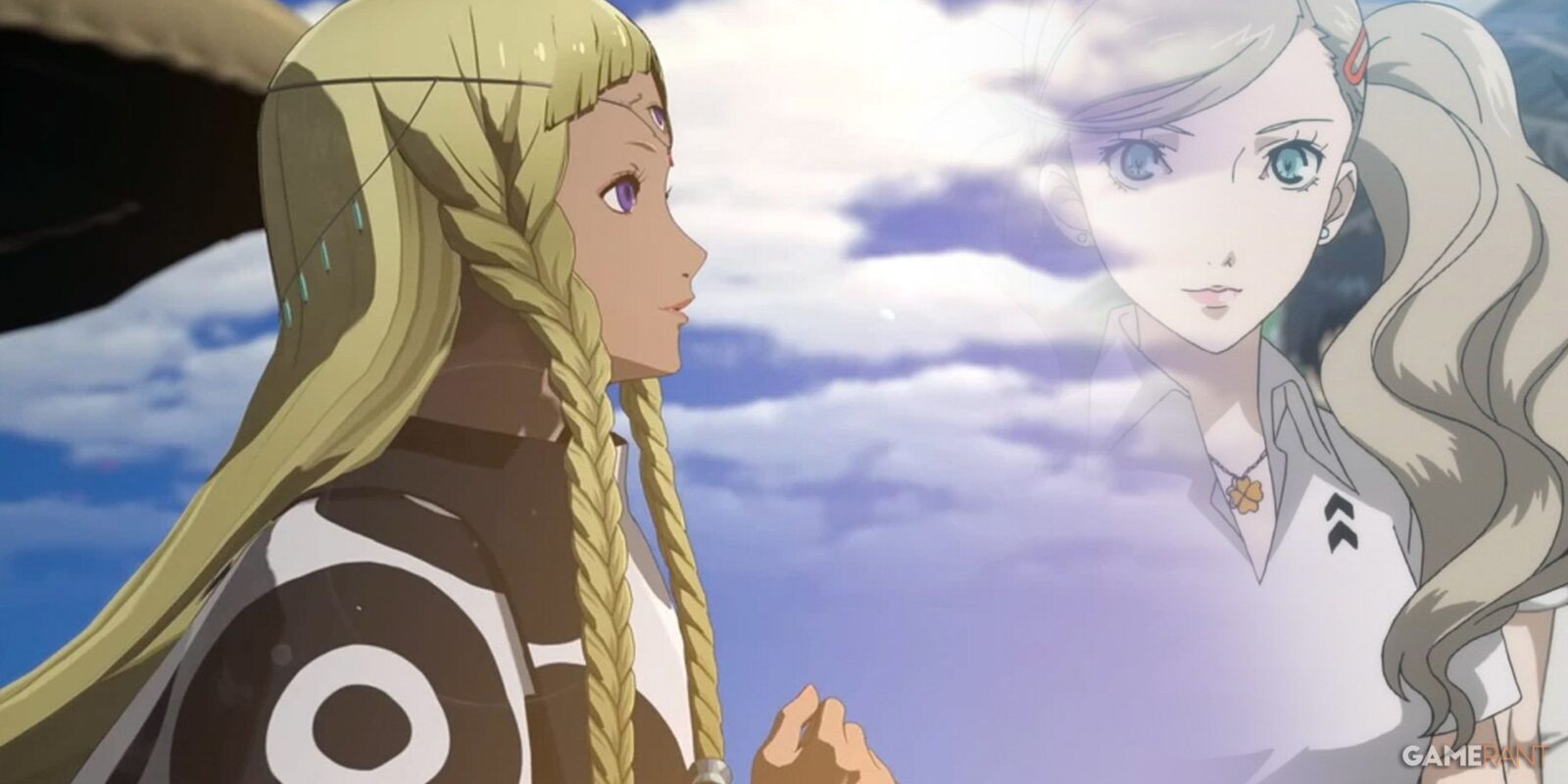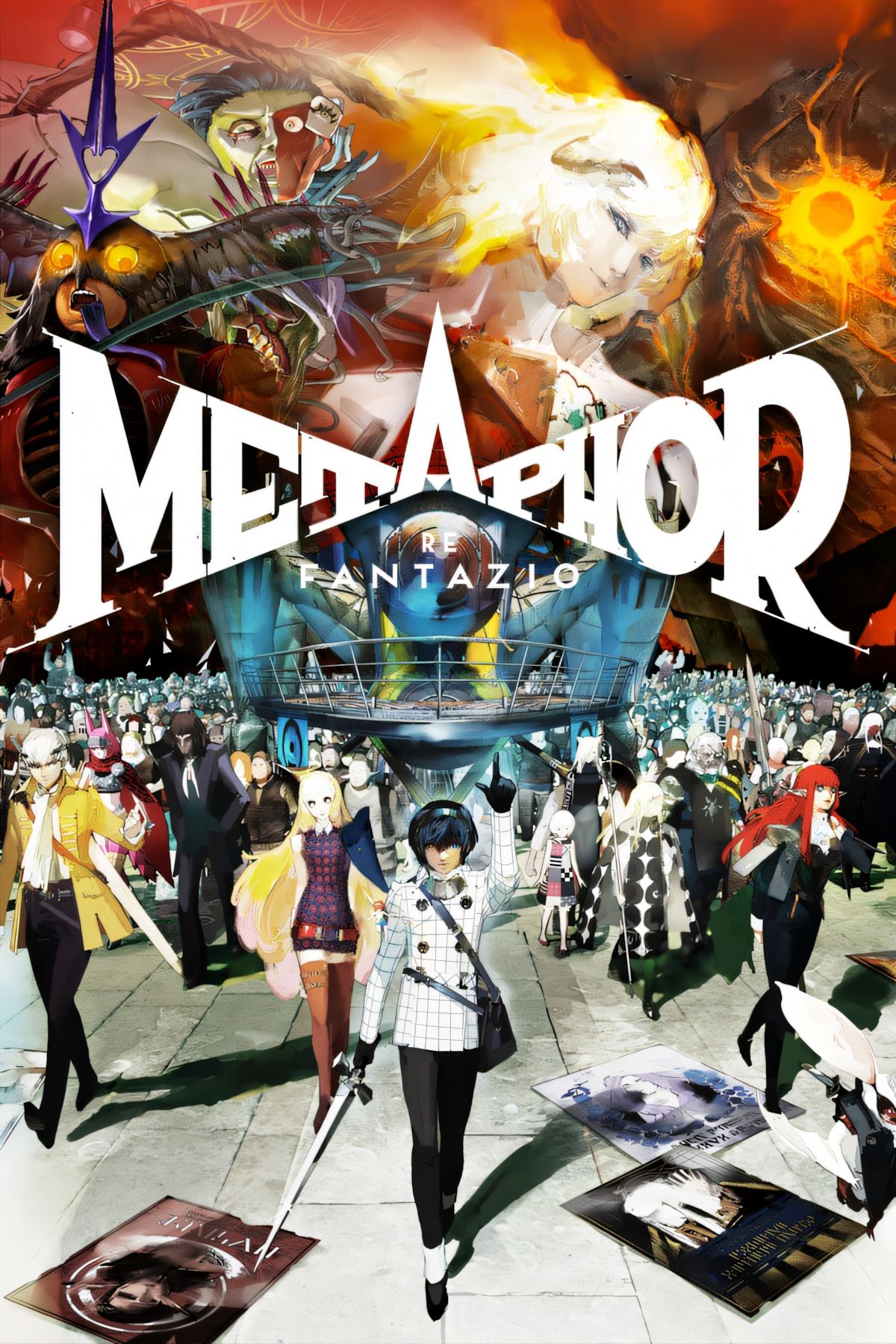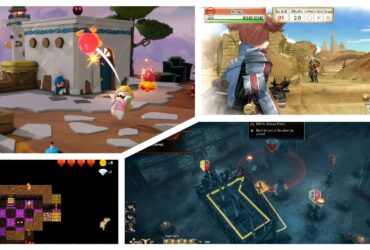Acclimating players to a new world is no easy feat. Contending with a different setting and cast, especially for an anthology series like modern Persona, has to strike the proper balance in providing exposition while easing its story in. It is because of this reason that the fish-out-of-water narrative device works so well, employed by Persona 3 through 5‘s protagonists in a way that considers them as unfamiliar as the players themselves, letting the games’ respective introductions feel organic through their lens. As something of a tradition, Persona 6 is likely to include the same trope, though it could benefit from flipping the script on which character it applies to, taking from Metaphor: ReFantazio‘s approach.
Metaphor: ReFantazio‘s world emphasizes the tribal tensions of the United Kingdom of Euchronia, so it also considers how its people inhabit the lands. Deemed “backwards” and foreign to the mainlanders of Euchronia, the Mustari’s presence within the island sphere of the Kingdom is far removed, seeking safety in the face of their religious persecution. As Eupha’s arc demonstrates, however, not all is safe on Virga Island, and when the protagonist and his retinue spur on her desire to fight at their side, she takes the plunge beyond the island’s waters, setting out to see the rest of Euchronia beside them. As the game delves into what that means for Eupha, who has to contend with both new customs and discrimination, players are able to see Euchronia from her eyes, both in the wonder and sadness that it offers.

Related
How Persona 6 Can Profit Off of Metaphor: ReFantazio’s Merchant Archetype
Metaphor: ReFantazio’s Merchant Archetype channels classic JRPG vibes with its creative uses for cash, and Persona 6 would be wise to copy it.
New Worlds, New Perspectives
Though it can be argued that Metaphor: ReFantazio‘s protagonist is something of a fish-out-of-water himself, the way the device is used with Eupha is an even more fundamental part of her character. She is able to provide a lens into her culture in a way that the protagonist can’t quite replicate throughout much of the story, her perspective being a vehicle both in showcasing the Mustari’s traditions and her own learning of Euchronia’s customs, highlighted in the dishes she can cook and the journal entries she writes. As a party member, she has lots of room to talk and emote about the world around her, a feat more difficult to pull off with Atlus’ largely-silent protagonists.
Introducing Setting
This isn’t to say that Metaphor and Persona‘s protagonists don’t have personalities themselves; rather, that they are more narratively bound in when they can react and what they can react to. Similarly, modern Persona tends to keep its protagonists more mysterious in terms of their lives before the direct plot of the games, at least beyond story set-ups like the false charge that got Joker to begin his life at Shujin Academy. As a result, it would be interesting to shift this type of dynamic, such that the fish-out-of-water is a starting party member instead of the protagonist, allowing the player to introduce the setting instead of the other way around.
Considering an “Outside” Perspective
Characters like Persona 5‘s Ann and Persona 3‘s Bebe have shown how compelling it can be narratively to consider an “outside” perspective, albeit with some caveats. For Ann, the game contends with her own isolation at Shujin and the prejudices she has faced having lived overseas before moving to Japan, though at the time of Persona 5‘s plot, she has already been living in the country for years. As a result, the narrative can only allude to her upbringing through exposition, considering that she isn’t new to the environment. With Bebe, the protagonist is able to show him the ropes of Japanese culture in an endearing way, though his presence is confined as a Social Link instead of a party member, making it difficult to see him in scenarios outside this context.
A fish-out-of-water wouldn’t necessarily have to be foreign to Japan, as evidenced in Persona‘s protagonists. The usefulness of the narrative device holds regardless of proximity, and could be applied to a student moving from a nearby school or a different prefecture. Having the protagonist show someone else the ropes could draw on similar strengths as past introductions, as it would help to establish Persona 6‘s environment while considering a different perspective. Having someone who can react more substantially to a new setting with the protagonist’s help would be an interesting change of pace, drawing from the series’ own strength in compelling casts.















Leave a Reply